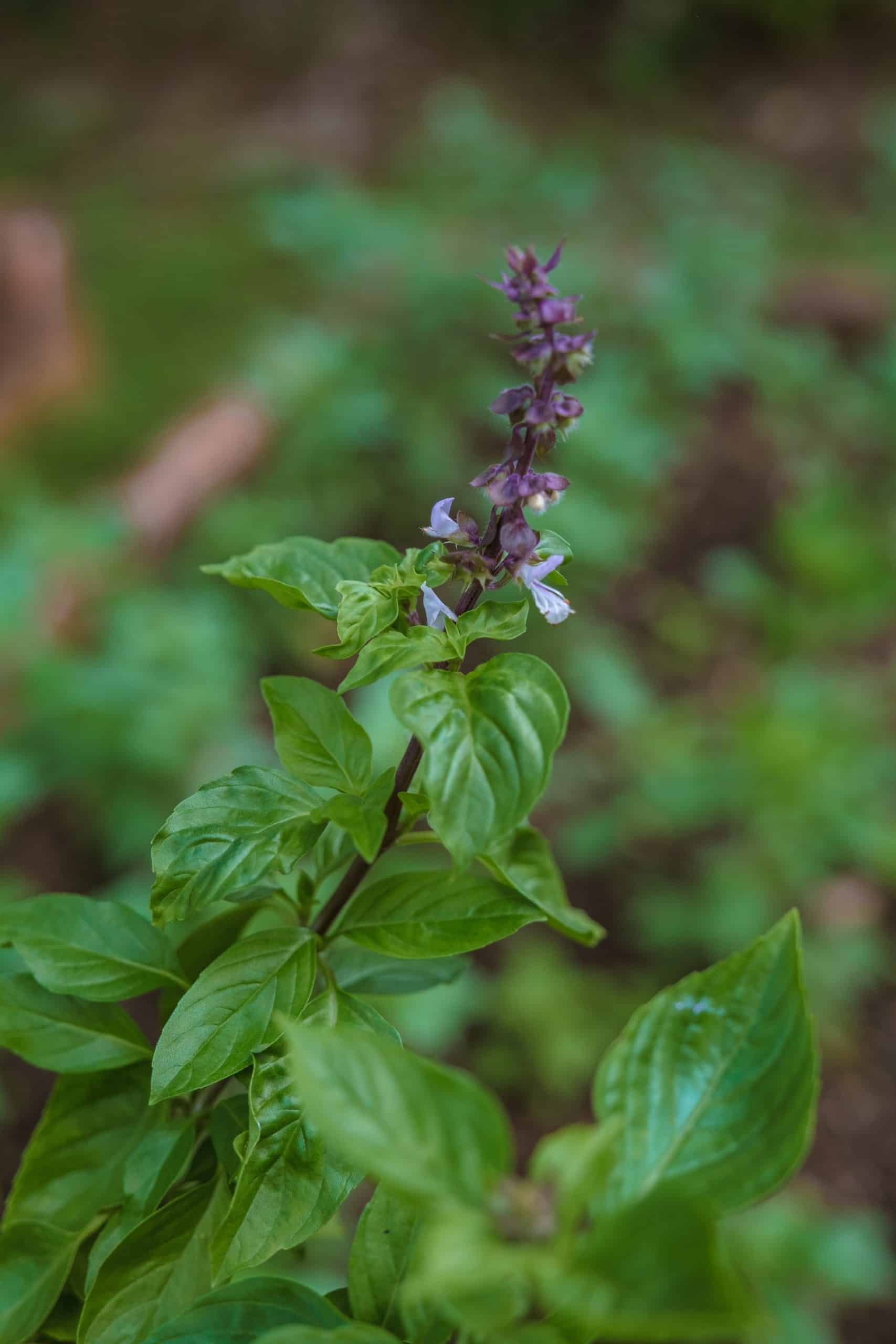Adopting a zero-waste lifestyle is more than a trend; it’s a commitment to the environment and personal health. The emphasis on reducing our waste, particularly plastic, is crucial for sustainable living. But what does it mean to adopt a zero-waste lifestyle? How does it affect personal health and the environment? This article explores the benefits of this lifestyle, and the impact of waste reduction practices on our health and the environment.
The Zero-Waste Lifestyle: An Overview
A zero-waste lifestyle focuses on reducing waste, particularly non-degradable waste such as plastic. It involves making conscious decisions about the products we buy, use, and dispose of. By making sustainable choices and opting for reusable, environmentally friendly products, we can reduce our waste and limit our environmental impact.
A découvrir également : Can Laughter Therapy Boost Immune System Function in the Elderly?
Adopting a zero-waste lifestyle does not happen overnight. However, implementing small changes over time can have a significant effect. From using reusable shopping bags and water bottles to composting organic waste, these practices can dramatically reduce the amount of waste we generate.
Environmental Impact of Waste Reduction
There’s no denying the immense strain our current consumption and disposal habits place on natural resources. The excessive use of plastic products and packaging contributes significantly to pollution and environmental degradation. But by embracing a zero-waste lifestyle and reducing our waste, we can help alleviate these environmental pressures.
A lire aussi : Can Interactive Nutrition Education Games Improve Eating Habits in Primary School Children?
When we reduce waste, one of the immediate benefits is a decrease in waste going to landfills. This reduction in landfill waste can lead to less toxic emissions, such as methane, a potent greenhouse gas.
Cutting down on plastic waste is another key advantage. Plastic waste often ends up in oceans, where it harms marine life and contributes to the vast ‘plastic soup’ floating in the world’s oceans. But by choosing products with little to no plastic packaging or selecting reusable alternatives, we can combat this problem.
Another environmental benefit comes from conserving resources. When we choose to reuse and recycle, we reduce the need for extracting, refining, and processing raw materials, all of which are energy-intensive processes. Thus, a zero-waste lifestyle contributes to energy savings and resource conservation.
Health Benefits of a Zero-Waste Lifestyle
The health benefits of adopting a zero-waste lifestyle are less obvious but just as significant. When we choose products that are environmentally friendly and produced sustainably, we often choose items that are healthier for us too.
Many products, particularly food items, come with excessive packaging that often contains harmful chemicals. These chemicals can leach into the product and eventually into our bodies. By choosing items with minimal or no packaging, or opting for reusable packaging, we limit our exposure to these chemicals.
Furthermore, a zero-waste lifestyle often encourages healthier eating habits. Packaged foods are generally processed and contain additives and preservatives. On the other hand, fresh, unpackaged foods are usually healthier, whole food options. Opting for these can lead to improved nutrition and overall better health.
The Role of Sustainable Products in a Zero-Waste Lifestyle
Embracing a zero-waste lifestyle often entails swapping out disposable, single-use items for more sustainable, reusable products. From metal straws and glass water bottles to cloth shopping bags and compostable dish brushes, there are sustainable alternatives to almost every disposable item we use.
Choosing sustainable products not only reduces waste but also saves money in the long run. Though the initial cost may be higher, reusable items last much longer than their disposable counterparts, leading to cost savings over time.
Moreover, sustainable products often have less environmental impact in their production. They use fewer resources, generate less waste during manufacturing and transport, and can often be recycled at the end of their lifespan.
How to Adopt a Zero-Waste Lifestyle
Adopting a zero-waste lifestyle can seem overwhelming at first, but remember: it is a journey, not a destination. It’s not about being perfect but about making more conscious, sustainable choices whenever possible.
Start by evaluating your current waste practices. Identify the areas where you generate the most waste and consider how you could reduce it. Is there a reusable product you could use instead? Could you buy fewer packaged items? Could you compost or recycle more?
Once you’ve identified your waste ‘hotspots’, start making changes. It doesn’t have to be all at once – even small changes can have a significant impact. Remember, the goal is to reduce waste, not necessarily to eliminate it entirely.
Lastly, remember to be patient with yourself. Change takes time, and it’s okay to make mistakes along the way. The important thing is that you’re taking steps towards a more sustainable, zero-waste lifestyle.
Zero-Waste Living and the Circular Economy
Living a zero-waste lifestyle is synonymous with participating in a circular economy. In a circular economy, waste is minimized, and resources are maximized through the reuse, repurposing and recycling of materials. This economic system contrasts with the traditional linear economy (make, use, dispose) and aims to redefine growth, focusing on positive environmental and societal impacts.
Zero-waste living plays a crucial role in this economic shift by promoting sustainable practices that encourage the reuse and recycling of materials instead of discarding them. When adopting a zero-waste lifestyle, you’re not only reducing waste but also contributing to creating a circular economy wherein resources are utilized effectively and responsibly.
By choosing to buy less, reuse more, and recycle or compost the rest, you’re helping to close the resource loop and minimize the demand for new material extraction. This circular approach reduces waste, saves money, and decreases the strain on our planet’s finite resources.
Adopting zero-waste strategies also fosters innovation, creating opportunities for sustainable products and environmentally friendly services that support a circular economy. These developments can lead to new jobs, stimulate green technologies, and contribute to tackling climate change.
Conclusion: The Bigger Picture of a Zero-Waste Lifestyle
In conclusion, adopting a zero-waste lifestyle goes beyond personal benefits or saving money—it serves as a commitment towards creating a healthier planet. The decision to reduce waste is a step towards preserving the environment for future generations, and it’s also a move towards improving public health.
The choice to adopt a lifestyle centered on reducing waste sends a powerful message about the importance of sustainable practices. It challenges the status quo, pushes for changes in waste practices, and inspires others to follow suit.
Furthermore, the zero-waste movement plays a vital role in the bigger picture of combating climate change and fostering a circular economy. It highlights the importance of resource conservation and the need for sustainable products.
Adopting a zero-waste lifestyle might seem daunting at first, but remember: every small step you take towards reducing your waste contributes to a more sustainable world. Whether it’s swapping out a single-use item for its reusable counterpart, composting your organic waste, or consciously avoiding plastic-packaged products, your actions have an impact.
The journey towards zero waste is a gradual process, requiring patience, commitment, and a willingness to adopt sustainable practices. But with each step, you’re not only enhancing your health but also contributing to a healthier planet. Remember, the goal isn’t perfection but progress in reducing waste and promoting sustainability.
Embrace the challenge and join the growing community of individuals committed to making a positive environmental impact through zero waste living. The planet and future generations will thank you for it.






